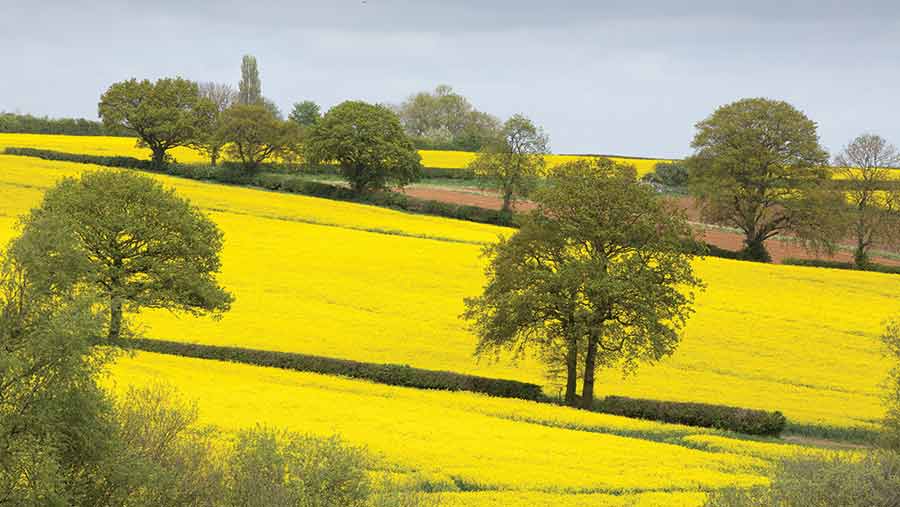Evidence on neonics ‘clear as mud’ – NFU
 © Tim Scrivener
© Tim Scrivener Scientific evidence suggesting that neonicotinoid insecticides are damaging to bee populations is clear as mud, says the NFU.
The union made the claim in response to a new study linking neonicotinoid seed treated oilseed rape to declining bee numbers in England.
There was still no “game-changing” body of evidence to settle the debate, said Chris Hartfield, the NFU’s acting chief horticulture adviser.
See also: New study links bee decline to neonicotinoids
“With a flurry of new evidence on neonicotinoids restrictions and pollinators being published, the big question is – what’s changed?
The big unanswered question remains whether the harmful impacts observed in studies based on artificially dosing bees, occur in real-life field situations and cause population declines Chris Hartfield, NFU acting chief horticulture adviser
“Disappointingly, the answer is not a lot.”
Mr Hartfield made his comments in a blog post on the NFU website. It was still uncertain that the chemicals were to blame, he claimed.
“The big unanswered question remains whether the harmful impacts observed in studies based on artificially dosing bees, occur in real-life field situations and cause population declines.”
The latest study calling neonicotinoids into question was undertaken by the Centre for Ecology & Hydrology and published in Nature Communications. Friends of the Earth’s nature campaigner, Paul de Zylva, said: “This is the strongest ever evidence of harm to bees from neonicotinoid pesticides in British fields.
“The study uses data from real field conditions over 17 years and adds a huge new peak to the existing mountain of evidence showing the risk these chemicals pose to our bees.
Friends of the Earth is also calling for farmers to grow what it described as a “greater variety of bee-friendly crops and plants”.
“Bees are no different from us in needing a healthy, balanced diet. To get this bees need to visit lots of pesticide-free plants – endless fields of oilseed rape are failing to provide this.”
The Soil Association said the study added to “overwhelming” evidence which pointed to the damaging impact of neonicotinoid pesticides on pollinating insects.
Emma Hockridge, head of policy for farming and land use, said: “The results of this extensive new research on the impacts of neonicotinoid pesticides on wild pollinators are horrifying.”

